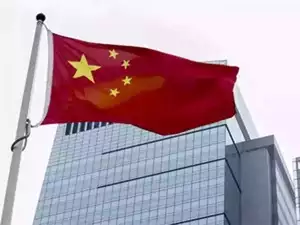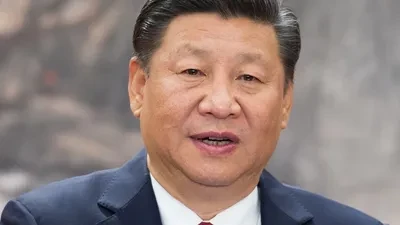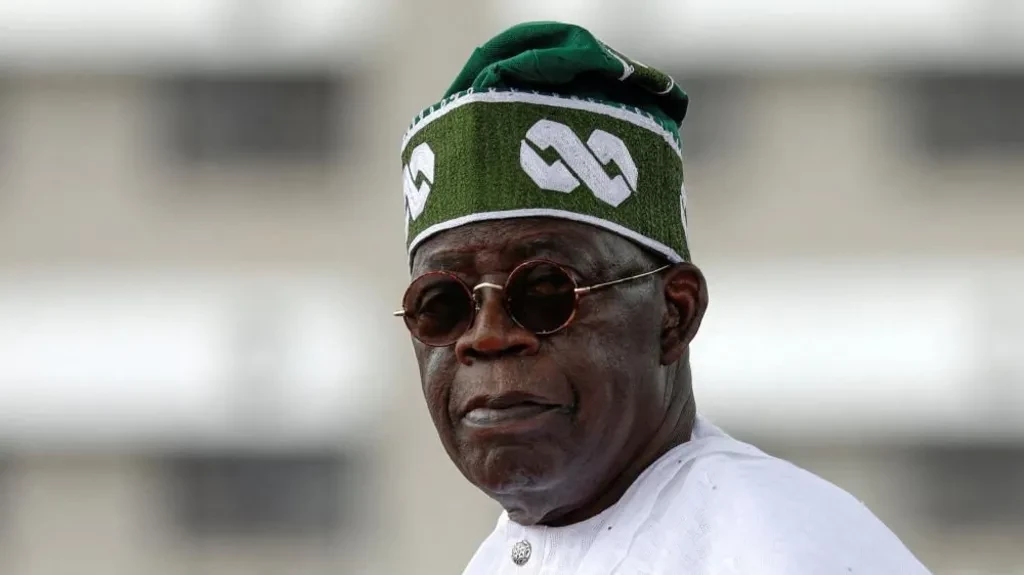
Chinese companies have won around half of all African construction contracts meant for foreign firms allegedly through corrupt methods. One out of every three major infrastructure projects in Africa are built by Chinese state-owned enterprises and one out of every five is financed by a Chinese policy bank.
Two Chinese companies, viz. ‘China State Construction Engineering Corporation’ and ‘China Road 7 Bridge Construction’ are facing corruption charges in Kenyan courts. The Chinese companies have flooded African markets with cheap and sub-standard products, driving away the local manufacturers/traders. Chinese producers have even occupied the traditional/cultural products produced by the local artisans by duplicating the product and selling it at cheaper rates. Kenya’s artisanal ‘Jua Kali’ and local textiles is one of the affected industries due to China’s copying production, ET has learnt.
A Chinese ceramic tiles manufacturing company ‘Sunny Yi Feng’ was accused (June 2021) of workers’ rights abuse including ‘slave punishments’ for violating work-related protocols by Zimbabwe Congress of Trade Unions. A London-based non-profit organization, ‘Business & Human Rights Resource Centre,’ in its 2021 report, stated that Africa has the second-highest number of human rights abuses with 26.7% being recorded against Chinese companies operating between 2013-2020. Most affected countries include Zimbabwe, Uganda, Kenya and DRC.
Chinese companies/investors hire Chinese workers representing about 70% against a total of 30% of local workers for most of their projects. Against natives employed by Chinese companies, they often adopt racist segregation policy, illegitimate safety procedures, hazardously extended working shifts, poor hygienic and working conditions. Moreover, Chinese companies hardly allow formation or influence of trade unions to safeguard their own interests.
Chinese companies are primarily engaged in projects under ‘Belt & Road Initiative’ (BRI). However, a 2018 study found that 270 BRI-related projects had problems related to debt sustainability, labor & environmental standards, national security, transparency and corruption.
Thirty African nations are indebted to China. Beijing received diamond mining rights in mines discovered in Mutare at Chiadzwa diamond fields in lieu of Zimbabwean debts for ammunition and agricultural equipment. Notably, a debt agreement by China comprises confidentiality clauses and remains opaque as well as differs from country to country.
In Democratic Republic of Congo, which holds 70% of the world's Cobalt, an essential mineral in the production of electric vehicles, China managed to get a stake for Chinese firms in 15 out of 19 Cobalt producing mines.
Chinese companies and investments have exacerbated pollution and environmental damage. In the Great Dyke region of Zimbabwe’s Midlands Province, despite efforts by ‘Environmental Management Agency, Chinese mining companies continue to defy the government ban on alluvial gold mining.
- South Africa’s $1m shopping-spree student jailed
- Travelling & touring: Wither Nambya community museum?
- Travelling & touring: Wither Nambya community museum?
- Travelling & touring: Heritage sites in dire need of preservation
Keep Reading
In Zimbabwe, about 27 NGOs voiced their concerns against the indiscriminate exploitation of the country's natural resources, leading to mass displacements, labor rights violations and adverse environmental impact. They urged Chinese companies to stop extraction activities of gold, coal, chrome, diamonds and other minerals and address the issues affecting the natives. However Chinese companies termed such protests as xenophobic, ET has learnt.
Chinese firm Zhongxin Coal Mining Group and Afrochine Smelting engaged for coal mining in the Hwange national park region in Zimbabwe, that hosts wild animals like elephants, cheetahs and rhinos besides rare flora & fauna, would cause mass displacements of locals and disturb the natural habitat by endangering rare species of animals. Furthermore, local people who are dependent on safari tourism would lose their livelihood and the tourism industry flourishing in the region would face loss of hundreds of millions of dollars.
In Zimbabwe, local community of Hwange had petitioned (March 2021) against a Chinese owned mining company ‘Beifa Investments’ exploring for coal in Dinde area as it violated the culture and heritage of Nambya people.
In Namibia, hundreds of Daures community, farmers, and small miners protested (March 3) against the Chinese company, ‘Tangshan Xing Feng Spodumene Mining’ for illegal lithium mining activities. They also alleged that the company in the garb of exporting lithium might also be exporting other raw materials such as tin, tantalum and fluorspar tourmaline.
Chinese entrepreneurs in Madagascar are blamed for illegal exports of rosewood and also local cattle called ‘Zebu’. The expansion of ‘Traditional Chinese Medicine’ (TCM) in many African countries has further fuelled poaching, illegal wildlife trade and posed dangers to rare species. Notably, up to one million donkeys have been illegally taken from Ethiopia to produce TCM.
Meanwhile, Chinese Overseas Police Stations in some African countries are engaged in information gathering and repression activities targeting criminals, fugitives, corrupt officials and political dissidents/opponents.











